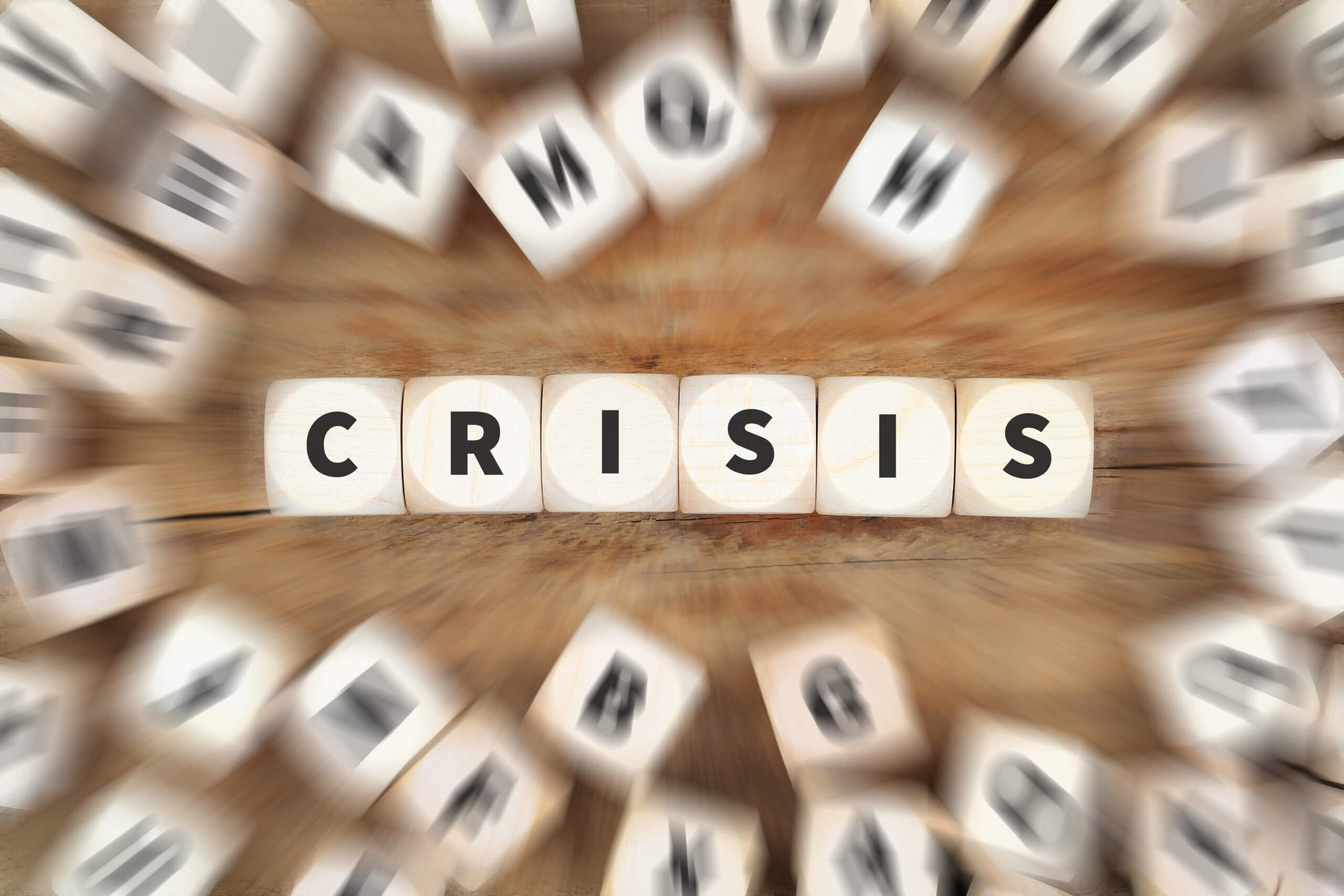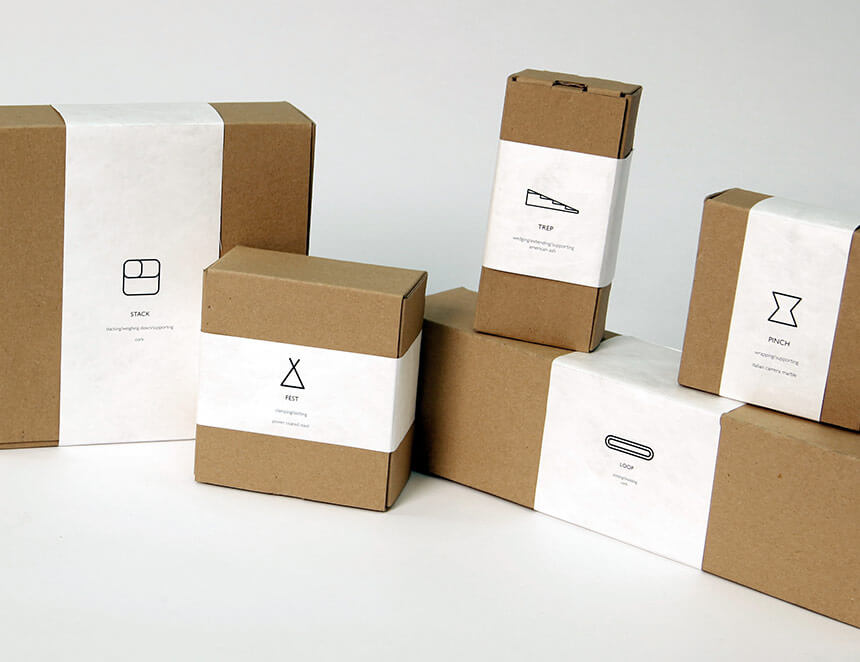by Amy Hassler
I confess that at times I have tossed out the customary “Hope you are well” at the beginning or end of a correspondence without feeling the full weight of those words. It’s polite; it’s a polite thing to say. But post-COVID, this turn-of-phrase has taken on a loaded meaning. When I say or write “Hope you are well” to a customer or prospect these days, I’m suddenly aware that he or she may not be well. Some of us, and some of our loved ones, are not well; and even if we aren’t sick, it’s a tough time for all of us on many levels. Despite this, we get up and go to work; some of us essential, some not. Everyone who is fortunate to have one during this crisis relies on their job, their families rely on that job, and our economy depends on this. How then, do those of us in sales and marketing roles continue to do our jobs -reaching out to sell a solution, product or service – without sounding insensitive, uncaring, or tone-deaf? Especially during a time when a face-to-face interaction, that ideal scenario, is unlikely?
In lieu of in-person meetings, we can do more virtually, as many companies are doing – hosting and attending virtual events, happy hours, webinars and Zoom meetings. This opens up an opportunity to continue to knowledge share with our customers and peers and discuss how the crisis has impacted all of us.
The key, as always, is to take the focus from ourselves and onto our customer, focusing on service. But by this I don’t mean a relatively shallow version of our usual customer service, I mean the kind of service that calls for awareness, purpose and sacrifice.
I work for a localization and translation services company and we partner with organizations to support a variety of business content localization needs – from training and technical documents, to marketing materials and websites, and even games. I try to begin an outreach with awareness — an acknowledgement that the situation exists, in a sensitive but not overtly negative way, careful not to use language that sounds canned and therefore, inauthentic (i.e., “new normal”). I seek first to have an understanding and awareness of my customer’s current situation. If it’s a retail company or an airline, they may be reeling from a fresh round of layoffs. It’s not the time to come at them with a hard sell. If it’s a video-conferencing company, they may have the opposite problem, they may be experiencing rapid growth. Perhaps they have a need to create and distribute large volumes of content on a quick turnaround.
Next, I remember to find the purpose in what I am doing, in the why. Why am I doing what I’m doing? Because I love it, because the ability to communicate across cultural and language barriers is vital to a functioning society.
And finally, service. Is there something I can to do or give that helps another? This is ultimately the way we find fulfillment in life and it turns out it works the same way in our jobs, too. What can I give? If it’s a company that needs to translate and distribute health and policy-related materials during COVID-19, I can offer services at a discounted or pro-bono rate, and in fact, that’s what PTIGlobal is doing. Perhaps I don’t have a work-related solution to offer my prospect at all. They have been laid off, and what I have to give is my network. I can offer to arrange an introduction on their behalf to a connection who may be able to help them find another position. This requires my effort entirely for another without any guarantee that I’ll ever benefit from it.
The above are not merely tactics. They are the ways we can humanize our jobs. They are ways to view sales opportunities as opportunities to truly connect with others during what is undoubtedly a challenging time in the lives of many of us.
I’d love to hear how others are responding to the challenge. How are you, or how is your company, modifying a sales and marketing approach during this crisis? What has changed, what has worked, what hasn’t?
How have you helped?









